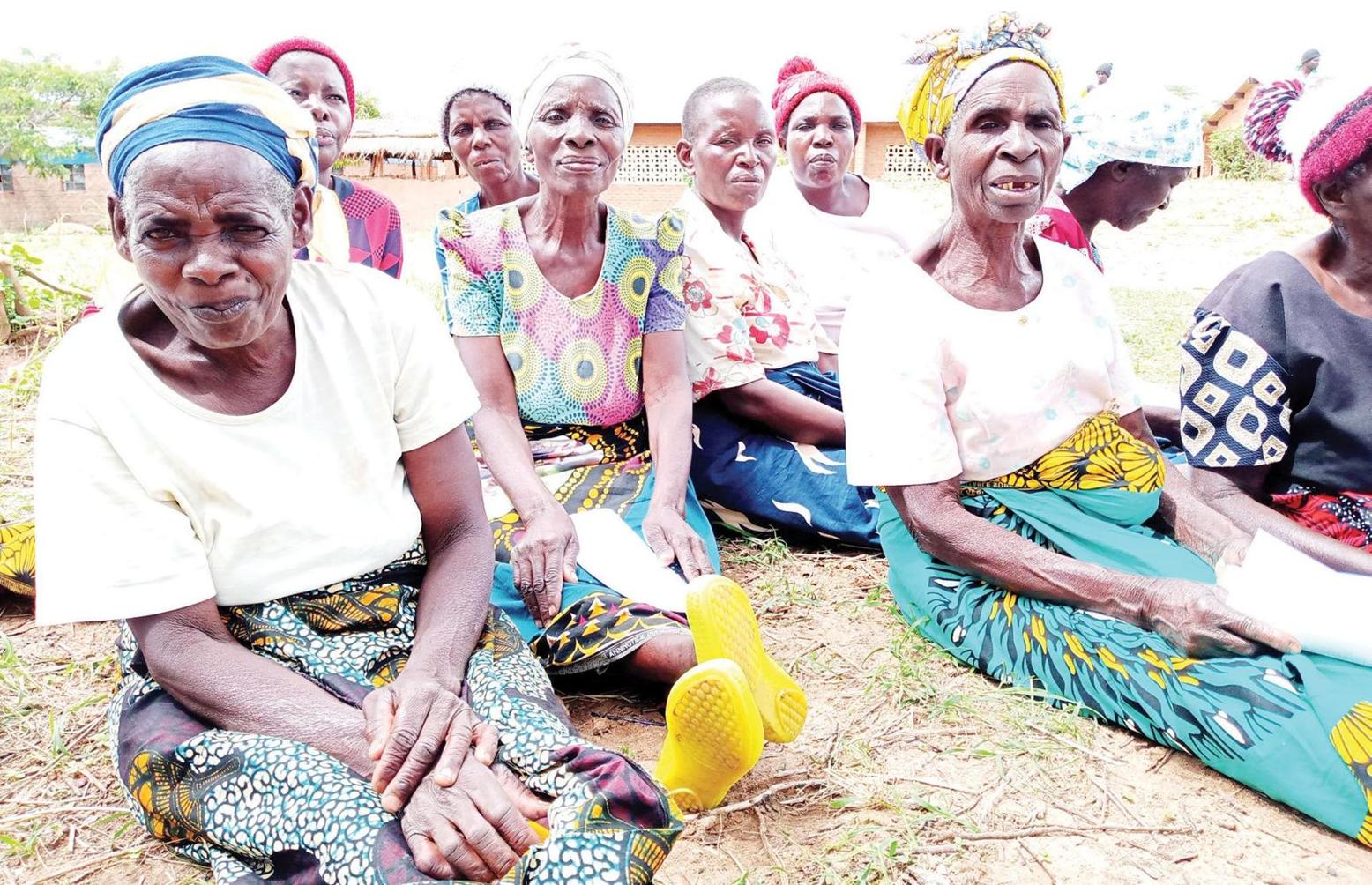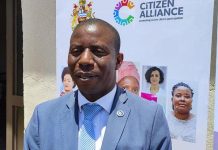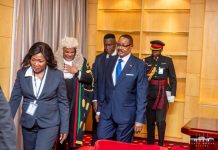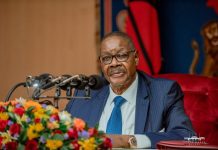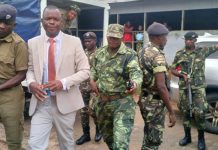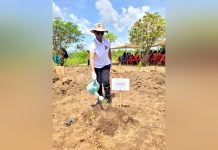Africa-Press – Malawi. Gogo Tafwauli Kanyasko does not know her age as she cannot remember the date and year she was born. From her looks, she may be of the same age with her close friend Styness Kacheche who is now 75 years old.
Just like the other women of that age in Group Village Headman Samuel Mphepo in Mzimba, Kanyasko and Kacheche live in fear owing to the entrenched stereotypes against the elderly in this part of Traditional Authority Kampingo Sibande.
“Ever since I was born, I have never lived in fear like is the case this time. Any misfortune that happens in the village is attributed to us old women. They think we are witches,” Kanyasko says.
She adds: “If someone dies, they say the old people are behind it. We are accused of holding rains to cause droughts, creating lightening and causing pregnancy miscarriages.”
The stereotypes against old people like Kanyasko and Kacheche that they practice witchcraft have mostly graduated to beatings and killings as seen in some parts of the country.
This is not surprising, though, considering that 74 percent of the people in the country believe in the existence of witchcraft with the northern region featuring high at 93 percent.
Worryingly, 63 percent believe witchcraft is practised by the elderly, especially women. Consequently, older women have been largely targeted as witches; hence have been beaten and, in some cases, killed.
According to Malawi Network of Elderly Persons Organisation (Manepo), hotspots for abuse of older persons on witchcraft allegations include Ntchisi, Dowa, Dedza, Chiradzulu, Mulanje, Ntcheu, Karonga, Nsanje, Phalombe, Thyolo and Mzimba.
Executive Director for Manepo Andrew Kavala says from August 2021, over 50 cases of abuse of elderly persons have been reported in the media with 15 of them resulting in death. Many others have probably gone unreported.
“The belief in magic and witchcraft is the biggest driver of abuse of the elderly. Most physical abuse cases are due to witchcraft suspicions while sexual abuse is usually associated with the quest to get rich using magic powers.
“The voice against elderly abuse is not strong enough and by extension there is age discrimination in gender intervention,” Kavala says.
Following the seemingly surging cases of violence against old people on such allegations of witchcraft – and probably sparked by the recent Mzimba incident where two elderly women were beaten and forced to bury a dead body – human rights activists and civic educators, led by the Director of Civic Education in the Ministry of National Unity, Misheck Munthali, recently stormed Mzimba villages to help pacify the burning communities.
After engaging stakeholders at Mzimba boma in a meeting also attended by Minister of National Unity Timothy Mtambo, councillors and chiefs, the crew camped and conducted a sensitisation meeting at Samuel Mphepo Village in Mzimba East constituency, the perceived hotspot and specific setting of the ugly drama in which the two elderly women were abused.
“A peaceful community is fun to live in. We must invest in peace so that we reap peace. Aging does not make one a witch. Actually, we are all heading towards old age and that will not make us witches,” said Mphepo sounding charged and angry.
Adding: “Old people are our libraries and we must love and protect them. They are weak and they need our love and help.” Taking his turn, Executive Director for Centre for Human Rights and Rehabilitation (CHRR) Michael Kaiyatsa set an emotional atmosphere when he asked the gathering to sing the National Anthem which was indeed sang in somber tones.
“The National Anthem talks about peace. Is there peace when we beat and kill each other? There is no peace. There is war in families. There is war in villages; war is amongst us. There is war against the elderly, the weak, people with albinism, the vulnerable,” said Kaiyatsa, sending the gathering to silence.
He said enjoyment of human rights is a constitutional matter; as such, there should not be selective treatment of people in the communities. “We have misunderstood the meaning of having freedoms and human rights in a democracy. This is why we have taken away the dignity of human life. The elderly have been abused, stoned and killed on allegations of witchcraft as we have seen in Karonga, Dedza, Phalombe and here in Mzimba,” he said.
As a belief, witchcraft is protected under section 33 of the constitution which reads: “Every person has the right to freedom of conscience, religion, belief and thought…”
However, the Witchcraft Act does not recognise the existence of the practice and criminalises such things as accusing a person of being a witch, conceding to be a witch and hiring of witch-hunters.
While some schools of thought attribute belief in witchcraft to poverty and ignorance, an April 2021 Afrobarometer study shows that the belief is deeply entrenched even amongst the educated elite. At least 82 percent of educated people in Malawi believe witchcraft exists.
According to Kaiyatsa, this belief in witchcraft has had serious implications on the lives of the elderly whom he said have suffered stigmatisation, banishment, violence and death.
He said: “The country has seen a sharp rise in mob killings based on witchcraft allegations. Our records show at least 60 killings over the past two years and women have been the most targeted.
“The vulnerable position of women is society compounds the problem particularly regarding the elderly and leads to further inequalities in accessing justice and upholding due process rights. Often, such discrimination has resulted in extreme acts of violence and deaths,” he said.
He appealed to the courts to consider trying the cases associated with witchcraft in the communities where the cases are committed so that people understand the issues better.
In his remarks, Wycliffe Masso of Malawi Human Rights Commission said instead of abusing them, the elderly should be prioritised in access to healthcare, social welfare and that they should be given spaces to participate in community development initiatives.
“Because we sideline them, we think they are not important and we end up abusing them,” he said.
Deputy Director of Community Policing and Rural Police Units in the Malawi Police Service, Alex Simenti, warned the communities against taking the law in their own hands. He said all such matters should be reported to nearest police offices or community policing structures.
“Traditional leaders, religious leaders and family members, we must all pay attention to early warning signs. Allegations of witchcraft start in low tones within family compounds. That is the right time to report to us before things get out of hand. As police we will not hesitate to pick everyone involved if you resort to mob justice,” he said.
Acting Executive Director for National Initiative for Civic Education (Nice) Trust Gray Kalindekafe also chipped in condemning the violence against elderly women saying rights go together with human rights.
“Elsewhere, these issues we are talking about have resulted in inter-community conflicts in which houses have been destroyed and property burnt. We must learn to live together despite our cultural differences,” said Kalindekafe whose institution organised the meetings with funding from Malawi Government.
Demographically, older people constitute the fastest growing segment worldwide. While Malawi’s population is largely youthful, statistical projections show that the country will follow the world trends.
In response to this, government started taking steps aimed at promoting the welfare of older persons such as the inception of the national policy on social protection and the subsequent rolling out of social cash transfer schemes, among others.
For More News And Analysis About Malawi Follow Africa-Press

